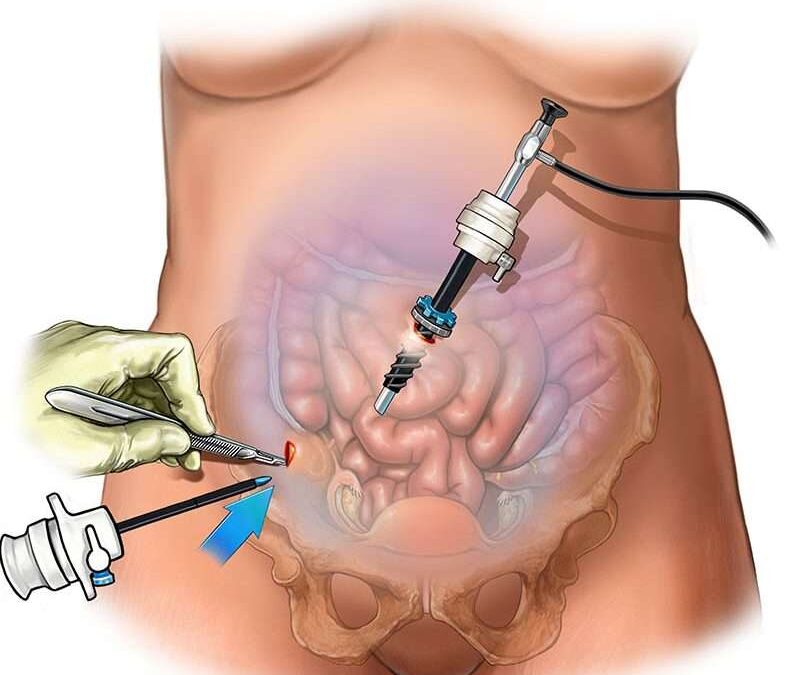Laparoscopy is a surgical treatment that uses a laparoscope as a tool. This tiny fiber-optic tool is introduced through the abdominal wall to allow small-scale surgery or to see the affected organs in the belly.
The advantage of laparoscopic surgery is that it avoids large open incisions, which means the patient has less blood loss, and discomfort. Since less analgesia is necessary, patients experience fewer side effects. Loss of blood and tissue trauma is less likely with smaller devices. Due to these advantages, more and more people opt for laparoscopic surgery in Mumbai.
Dr. Harsh Sheth is a highly qualified and skilled laparoscopic surgeon in Mumbai. Moreover, he has immense expertise in laparoscopic GI surgery, splenectomy, hernia repair, Abdominal Wall Reconstruction, and HPB surgeries.
He has performed hundreds of laparoscopic surgeries and given his patients a second lease in life.
In traditional surgery, the surgeon would create a large cut in the abdomen. After that, the surgeon and their assistant examine and operate the abdominal organs.
Laparoscopic surgery is an innovative procedure. The surgeon makes multiple smaller incisions in laparoscopic surgery. Then a laparoscope with a connected light and camera is inserted into them. The doctor inflates the belly with gas to work on the conditions.
The laparoscope sends visuals to the operating room’s high-resolution (and in some cases even 4k) television monitors. The surgeon uses a monitor to view detailed images of the abdomen during the procedure. This enables the operation as it helps the surgeon to observe damage to the organ better.
Your surgeon can see the following organs of your abdomen clearly with a laparoscope:
Liver –the organ that processes what you eat and removes toxins
Pancreas – the organ that helps in digestion and regulating blood sugar
Gallbladder – the organ that stores the bile required to digest food fats
Spleen – produces lymphocytes to fight infection
Stomach – where the food we eat is digested
If you want to understand the laparoscopy procedure in detail, do not hesitate to contact Dr. Harsh Sheth. He is a highly competent laparoscopic surgeon in Mumbai.
What are the different types of laparoscopic surgery?
Doctors first utilized laparoscopic surgery for gallbladder and gynecological procedures. Now surgeons use it to operate on the liver, intestines, pancreas, spleen, and various other organs.
Dr. Harsh Sheth performs the following laparoscopic surgeries in Mumbai:
Bariatric surgery: Gastric bypass surgery and other weight-loss treatments involve adjusting your gastrointestinal system to help you lose weight. When exercise and healthy eating haven’t worked, or you have significant health problems due to your weight, you may need bariatric surgery.
Colorectal surgery: Colorectal surgery is a field in medicine dealing with disorders of the rectum, anus, and colon.
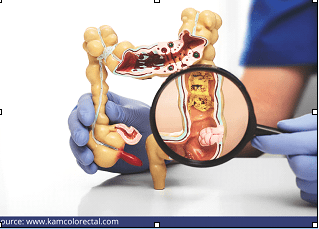
HPB surgery: Hepato-Pancreatic-Biliarysurgery is a specialization of surgery that focuses on benign and malignant disorders of the liver, biliary tree, and pancreas. HPB surgery is complex and necessitates specific knowledge and expertise.
Dr. Harsh Sheth is well-known for his expertise and resourcefulness, and he provides extensive care and is considered one of the safest hands in Mumbai.
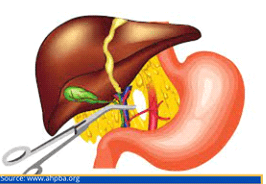
Cholecystectomy: This is a surgical treatment to remove your gallbladder, a pear-shaped organ located under your liver.
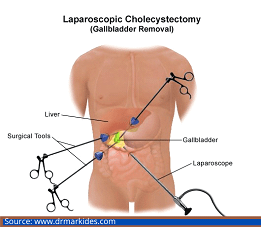
Upper GI (gastrointestinal) surgeries: The oesophagus (food pipe), stomach, and duodenum (the first part of the small intestine), make up the upper gastrointestinal (GI) system. Several disorders that affect the upper gastrointestinal tract can necessitate surgical intervention.
Upper GI surgery includes:
⦁ Gastrectomy is a procedure used to remove stomach tumors. The stomach and adjacent lymph nodes are wholly or partially removed in this procedure.
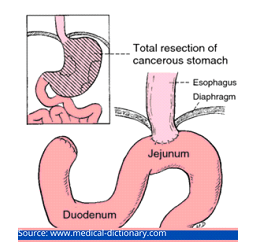
- Oesophagectomy is a procedure that removes all or portions of the oesophagus to treat oesophageal tumors.
- Fundoplication is a procedure performed for acid-peptic disorder and gastrointestinal reflux disease
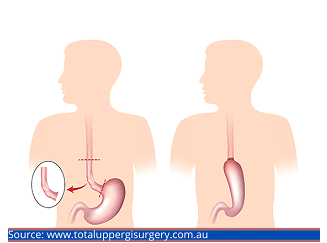
Dr. Harsh Sheth is extremely competent in the various kinds of laparoscopic surgeries. His patients vouch for his expertise and his warm and amicable demeanor. He is passionate about helping people and making their lives better.
Benefits of Laparoscopic Surgery
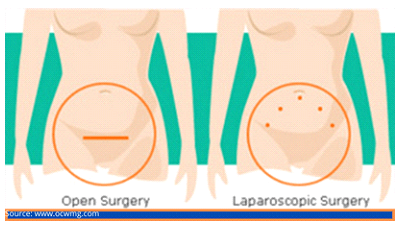
Laparoscopic surgery has significant advantages as opposed to standard methods:
⦁ Your scars are smaller
⦁ You can leave the hospital sooner
⦁ While the scars heal, you will have less pain, and they will heal faster
⦁ You can resume your regular activities sooner
⦁ Less interior scarring
⦁ The risk of infection is less
Conclusion
The outcomes of laparoscopic surgery are demonstrably better than those of open surgery. It provides the surgeon with more control and vision throughout the treatment and results in fewer scars and quicker patient recovery.

Loss of blood and tissue trauma is less likely with delicate devices. Traditional procedures may need you to stay in the hospital for a week or longer for colon surgery, with a total recovery time of 4 to 8 weeks.
If you have laparoscopic surgery, you may only need to stay in the hospital for two nights and recuperate in two or three weeks. In addition, a shorter hospital stay is usually less expensive.
Laparoscopic surgery in Mumbai has become one of the most popular surgical alternatives in recent times. If you or your loved one needs to undergo a laparoscopic procedure, please don’t hesitate to contact Dr. Harsh Sheth, one of the most trusted and skilled laparoscopic surgeons in Mumbai.

